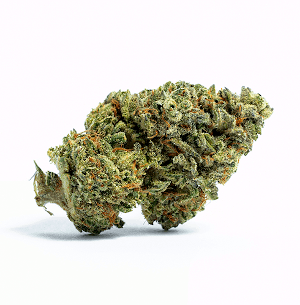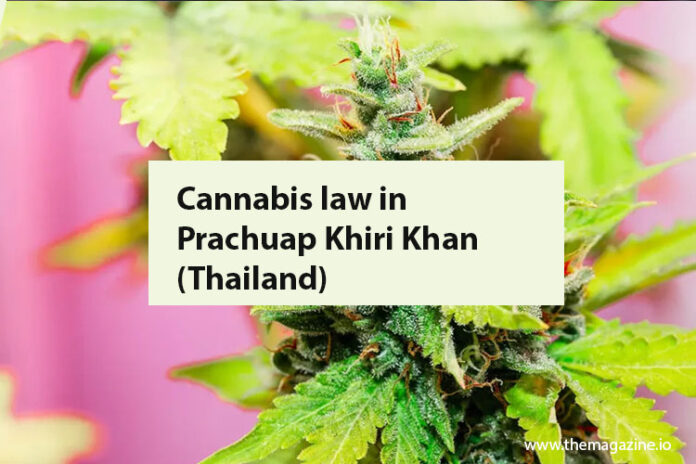Cannabis law in Prachuap Khiri Khan Thailand, is a province located in the southern region of Thailand, known for its stunning coastline, beautiful beaches, and popular tourist destinations. Like the rest of Thailand, Prachuap Khiri Khan is subject to the country’s strict drug laws, including those concerning cannabis. This blog post will provide an overview of the cannabis laws in Prachuap Khiri Khan and how they reflect the broader changes in Thailand’s approach to cannabis.
Historical Perspective
Cannabis has a long history of traditional use in Thailand for various purposes, including medicinal, religious, and cultural practices. However, during the 20th century, Thailand, like many other countries, adopted strict drug laws that categorized cannabis as a Schedule 5 narcotic under the Narcotics Act of 1979. This classification placed cannabis in the same legal category as highly addictive and dangerous drugs, leading to severe penalties for possession, use, and trafficking.
Changing Cannabis Laws in Thailand
In recent years, there has been a growing recognition of the potential medicinal benefits of cannabis, prompting a reevaluation of Thailand’s approach to the plant. In 2018, the Thai government took a significant step forward by legalizing medical cannabis. This move came as a response to public demand and the desire to develop a regulated medical cannabis industry.
Medical Cannabis in Prachuap Khiri Khan
Medical cannabis is legal in Prachuap Khiri Khan, as well as in the rest of Thailand. The legalization of medical cannabis has allowed licensed medical practitioners to prescribe cannabis-based medications to patients for certain qualifying conditions. These conditions include chronic pain, epilepsy, multiple sclerosis, side effects of chemotherapy, and other medical ailments.
Patients seeking medical cannabis treatment must obtain a prescription from a qualified doctor, and the cannabis products used for medical purposes must meet the safety and quality standards set by the Thai Food and Drug Administration (FDA). Licensed medical cannabis facilities are responsible for cultivating, processing, and distributing medical cannabis products in compliance with the regulations.
Recreational Use of Cannabis in Prachuap Khiri Khan
Despite the progress made in legalizing medical cannabis, recreational use of cannabis remains illegal in Prachuap Khiri Khan and throughout Thailand. Possession, consumption, and trafficking of cannabis for non-medical purposes are still subject to strict penalties, including imprisonment and fines.
Thailand’s stance on recreational cannabis softened somewhat with the introduction of the Narcotics Act (No. 7) in 2020. This amendment allowed for the possession and use of small amounts of cannabis and kratom for personal and medical use. However, this change has not led to full-scale recreational legalization, and the possession of larger amounts of cannabis remains illegal.
Penalties for Cannabis-related Offenses
The penalties for cannabis-related offenses in Prachuap Khiri Khan and Thailand, in general, can be severe. Possession, use, or trafficking of cannabis in amounts deemed to be for the purpose of sale can result in imprisonment, and the length of the sentence depends on the quantity of cannabis involved. The authorities take a no-tolerance approach to drug-related offenses, and individuals caught in possession of large amounts of cannabis can face lengthy prison sentences or even the death penalty.
Conclusion
Cannabis law in Prachuap Khiri Khan Thailand, like all of Thailand, strictly enforces its drug laws, including those pertaining to cannabis. While medical cannabis is legal and available to patients with qualifying conditions, the recreational use of cannabis remains prohibited, and violating these laws can lead to severe consequences. Visitors and residents in Prachuap Khiri Khan must be aware of the strict drug laws and the potential legal ramifications of non-compliance.



